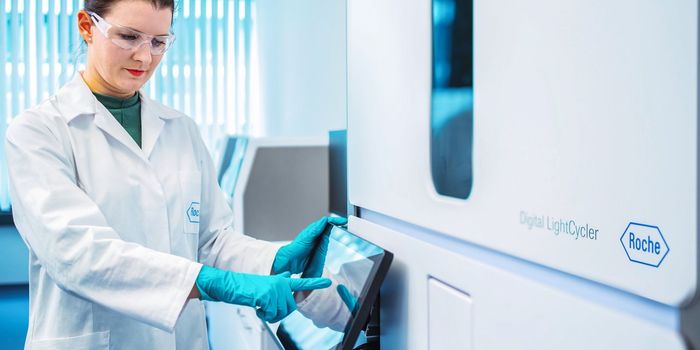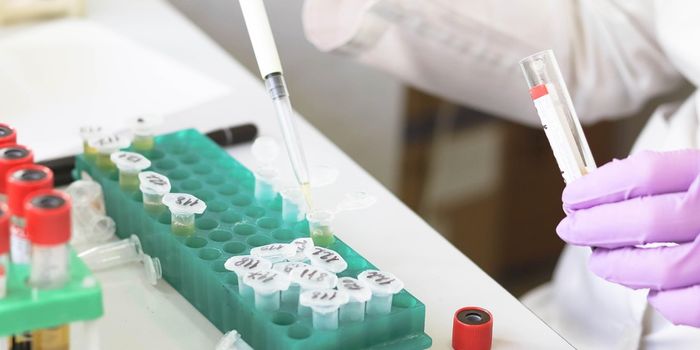Scientists Find an Array of Long COVID Biomarkers
Several new studies have identified biomarkers of COVID-19 and long COVID, which can tell us more about what causes the diseases. These findings can also help find ways to diagnose and treat long COVID, or identify people who are at high risk of developing the chronic disorder.
Inflammation in COVID-19 Patients Linked to Rheumatic Disorder Protein
Rheumatoid arthritis and systemic sclerosis are autoimmune disorders in which the body erroneously attacks its own tissues; in these cases, inflammation and pain arises. A protein called sCD13 is known to be associated with such diseases, and now scientists have found that levels of this protein are also abnormally high in the blood and lung tissues of COVID-19 patients. The findings have been reported in JCI Insight.
The researchers showed that sCD13 is also a major cause of inflammation during COVID-19 infections. The protein is formed when human cells release a cell-surface protein known as CD13, which happens in some diseases and when the body is fighting an infection. But excessive levels of this protein can lead to hyperinflammation and exacerbate disease.
"When determining the severity of a COVID-19 infection, especially in patients that are experiencing extreme respiratory symptoms due to the virus, physicians can assess the level of sCD13 proteins as an indicator of the severity of the hyperinflammatory response within the patient," suggested Eliza Tsou, Ph.D., assistant professor of internal medicine at University of Michigan Health.
The protein could present a potential therapeutic target for COVID-19 but more research will be needed to determine if that's the case.
Blood Biomarkers of Long COVID Linked to Respiratory Problems
Another group of researchers has also found blood biomarkers that are linked to long COVID, and severe respiratory symptoms in particular. In this study, scientists analyzed blood samples from 265 COVID-19 patients who got the virus early on in the pandemic and had not yet been vaccinated. The investigators found a biomarker signature in these individuals that has been previously associated with severe respiratory disease. The findings were reported in Nature Immunology.
The study has agreed with many other reports that indicated that "chronic inflammation is a cornerstone of long COVID." Biomarkers found in this study included proteins that are part of cell death pathways, and others linked to inflammation, as well as dysregulation in proteins that are associated with vascular problems like microclot formation.
"By identifying the proteins that are elevated in affected patients, we're creating a platform from which to develop diagnostic tools and new targeted therapies," said co-corresponding study author Marcus Buggert of the Karolinska Institutet. "This is especially important since there are no specific biomarkers and treatments for long COVID."
Disruptions in the Gut Microbiome Linked to Long COVID
Reporting in Allergy, scientists have also revealed that individuals who had gastrointestinal issues before getting COVID-19 were also more likely to develop fatigue related to long COVID. This study also identified certain specific biomarkers.
For example, there was an abnormal LBP/sCD14 ratio in long COVID patients. This also shows that the immune system is abnormally activated during this illness, which can cause inflammation. Unusually low levels of IL-33 in long COVID patients suggested that the intestinal barrier is compromised in these individuals as well. There were also abnormally high levels of IL-6, which shows that inflammation throughout the bodies of these patients is high.
The scientists suggested that patients who are at high risk of long COVID could be identified early using these biomarkers, though more research will be needed to confirm these findings.
"Our results suggest that SARS-CoV-2 infection can have long-term effects on the immune system and intestinal health that contribute to the development of [long COVID]," said corresponding study author Eva Untersmayr-Elsenhuber of the Medical University of Vienna.
Sources: University of Michigan, JCI Insight, Karolinska Institutet, Nature Immunology, Medical University of Vienna, Allergy









